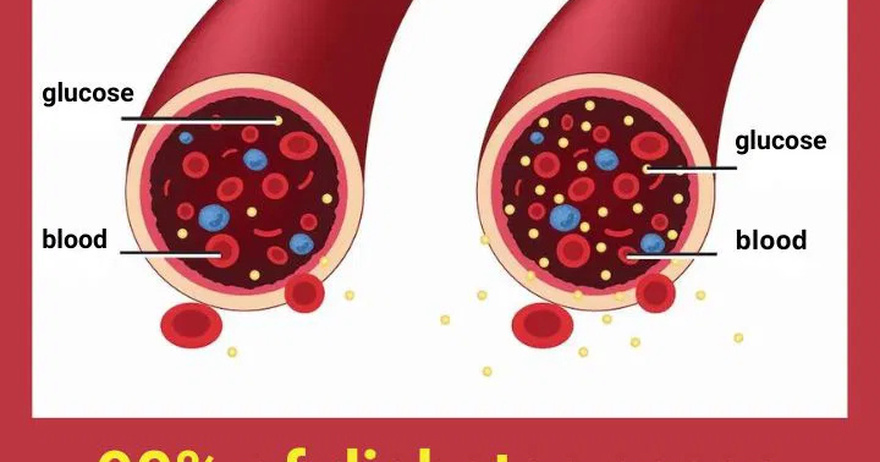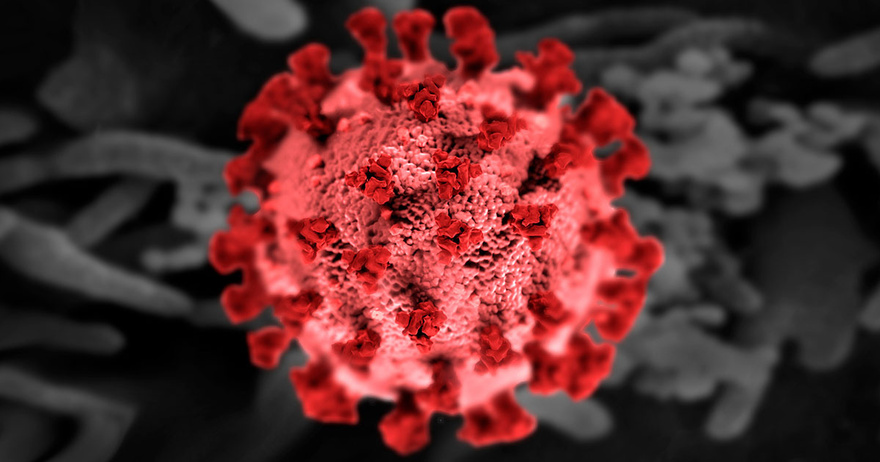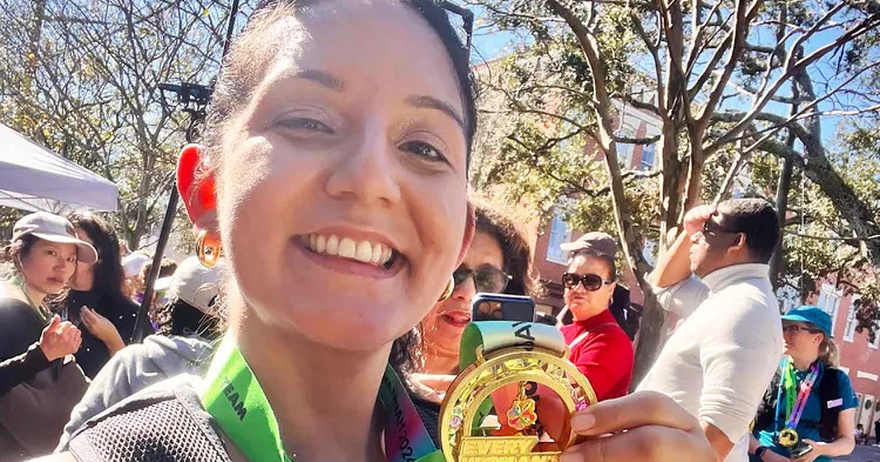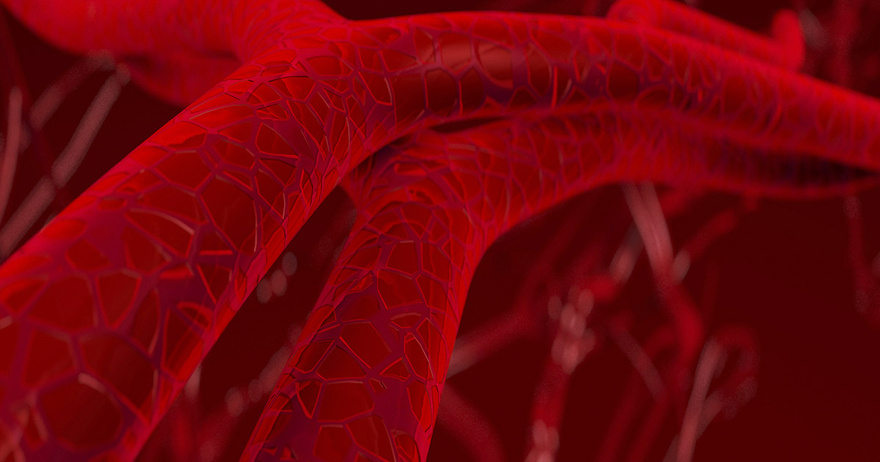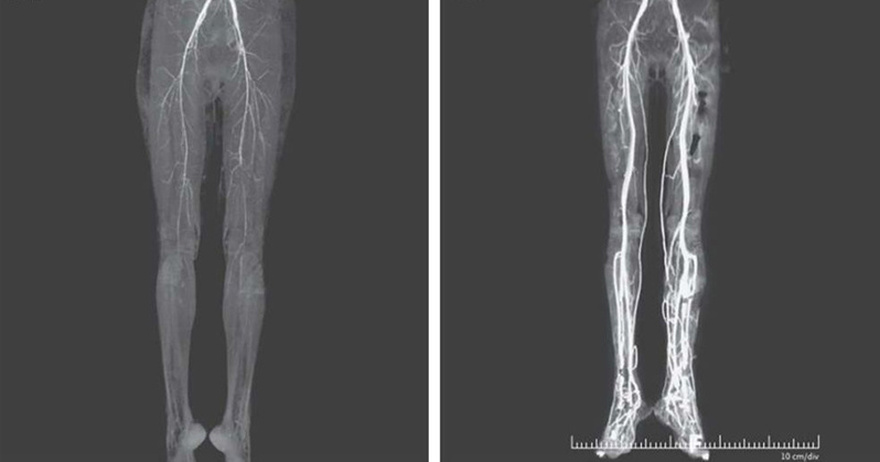In our modern world, type 2 diabetes has become an epidemic, affecting increasingly younger individuals. However, the good news is that a large proportion of diabetes cases could be prevented or even reversed if certain dietary habits were adjusted. Here’s a look at the foods and eating habits that some experts believe play a significant role in preventing and reversing diabetes.
The Dangers of Fat-Free Foods
Fat-free foods may seem appealing to health-conscious individuals, but they are sometimes loaded with sugars. These intentional chemicals can reverse the intended benefits of low-fat foods and raise blood sugar levels, causing inflammation and damaging the body. It’s advisable to choose foods with a glycemic index below 70.
Myths about Fruits
There’s a persistent myth that all fruits significantly raise blood sugar levels. In reality, fruits tend to have a relatively low glycemic index and can be beneficial if eaten in moderation. A 2017 study shows that moderate fruit consumption can prevent diabetes rather than worsen it.
Processed Snacks
Snacks like commercial energy bars and candy bars are loaded with processed sugars that can negatively affect your health. Just one candy bar can contain a lot of sugar, which has been linked to cardiovascular problems and hardening of the arteries.

Breakfast Foods
Sweetened yogurts, sugar-enriched cereals, and granolas are often promoted as healthy breakfast options. However, these foods are often high in glycemia, providing a lot of calories with no real nutritional value. Instead, opt for options like plain Greek yogurt or eggs.
Milk and Its Alternatives
Modern milk, often low in fat, doesn’t offer the same benefits as raw milk and may contain hidden sugars. Experts suggest caution with sweetened dairy products, which can raise blood sugar levels.
Fats and Health Issues
Animal fats have been widely demonized in diets; however, recent studies, some published in journals such as the Journal of the American Medical Association, show that when consumed in moderation, they can be part of a balanced diet. Fake fats like margarine are now being questioned, while butter is experiencing a revival.
Fried foods and Margarine
Fried foods, combined with inflammatory vegetable oils, increase the risk of heart disease. Studies suggest that French fries and other fried foods contribute to an unhealthy diet. Replace harmful vegetable oils with healthier options like olive oil.

Nitrates and Processed Meats
Although concerns about nitrates persist, they are not the main problem according to recent studies. Processed meats, loaded with sugars and additives, should be avoided. Look for higher-quality, less processed meats.
Trans Fatty Acids
Recently banned, trans fatty acids were long used to extend the shelf life of processed foods. Today, although less widely used, their harmful effects persist in the public imagination. It’s still essential to check product labels to avoid these fats.
Oils: The Good and the Bad
Oils rich in omega-6 fatty acids can be inflammatory if not balanced with omega-3s. Choose oils like flaxseed oil, which tends to have a better omega-3 profile to promote better balance.
Confusion about salt
Salt has often been blamed for contributing to health problems, but it appears that moderate amounts are essential for a healthy diet. However, with processed foods restricting the drive toward a more balanced diet, salt is often used excessively.

Sugary drinks
Sugary drinks, such as sodas, unnatural juices, and frappuccinos, provide high amounts of sugar without beneficial nutrients. They are strongly linked to an increased risk of diabetes and other chronic diseases.
The Impact of Diet Drinks
While diet drinks are a lower-calorie option, they stimulate sugar cravings without providing any nutritional benefits. Opt for sparkling water or add lemon to your water for a healthier alternative.
The Secret of Intermittent Fasting
Intermittent fasting is touted as an effective and potentially life-changing method. This practice not only helps manage weight but also improves insulin sensitivity. However, it is essential to consult a healthcare professional before embarking on a significant fast.
Consider these tips to adjust your food choices and potentially help prevent and manage diabetes more effectively.
Everyone sees an elephant, but not everyone can tell where a horse is
Young Girl Thought She Found A Lizard In Forest – When Vet Sees It, He Screams: “Stand Back!”
Bill Belichick’s Girlfriend Jordon Hudson Wears Sparkling Ring on That Finger, Sparking Engagement Rumors
Alarming Health Alert: Experts Say New Virus Is Nationwide — America Must Prepare Immediately
